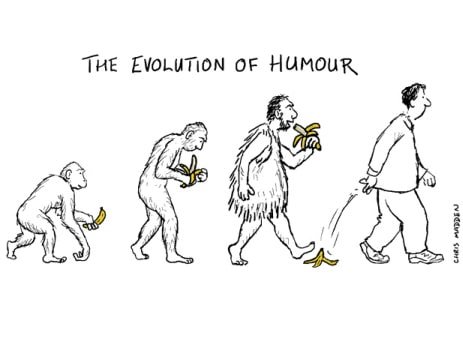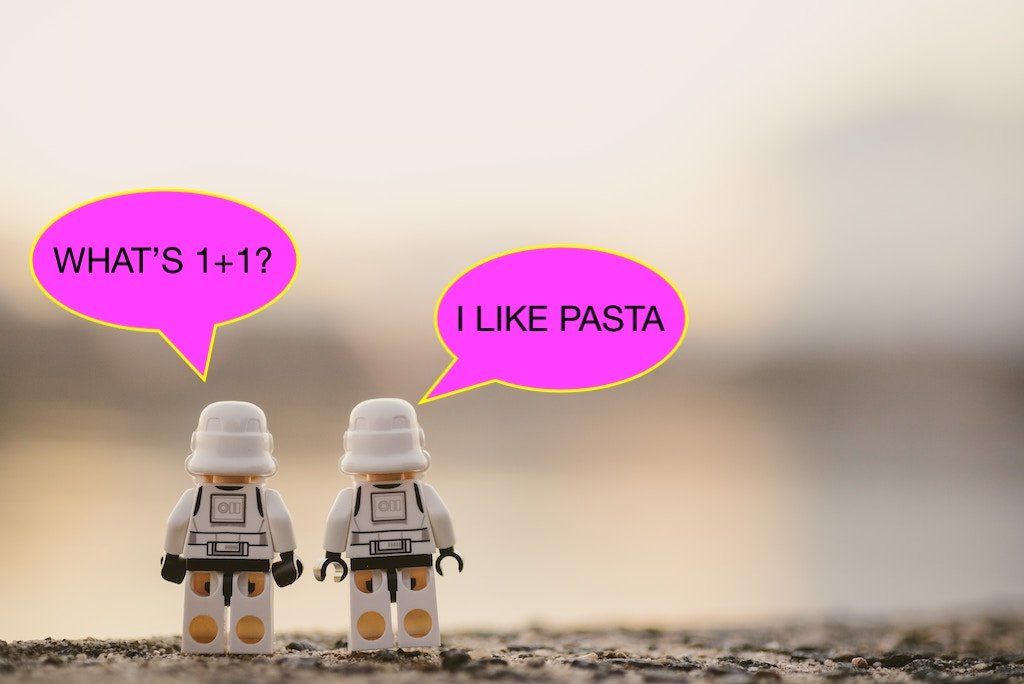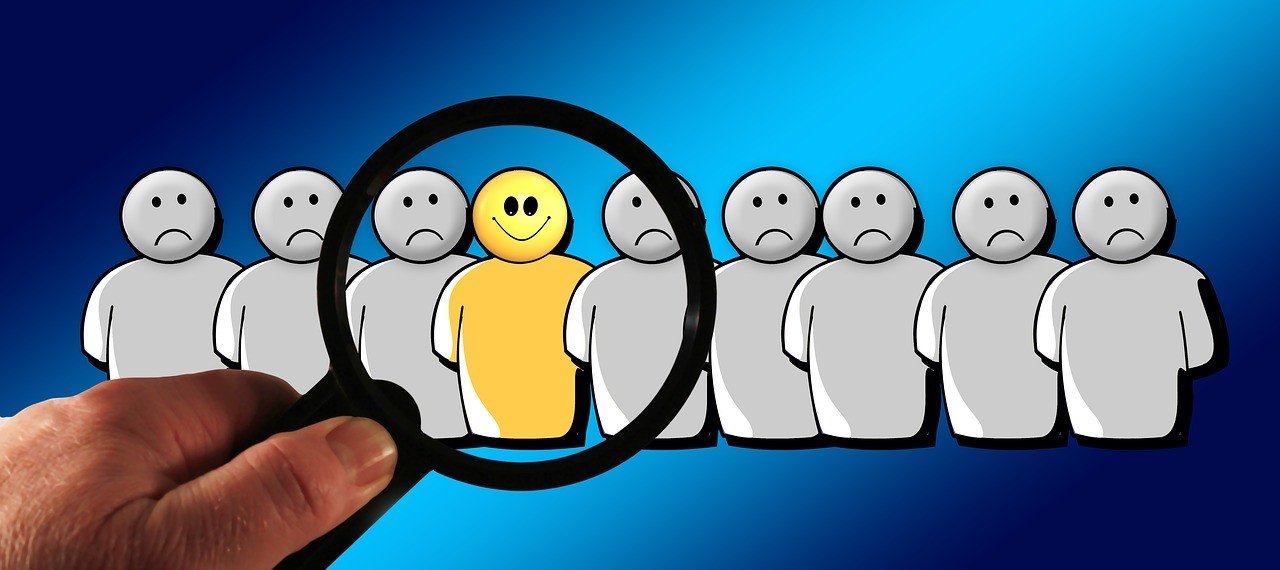Face It, AI Just Ain’t Funny. Yet.
No matter the event, the client, the audience, the topic, or the venue, AI weighs heavily on every aspect of the conversational zeitgeist.
As a specialist in storytelling around tech, my conversations always and alarmingly quickly turn to AI. Either AI is the key to organizational success and digital differentiation, or it's the new security nightmare about to devastate the network infrastructure. One minute AI is building a gorgeous new opening video module, the next it's adding extra hands or legs to the company mascot.
AI creates a remarkable work of fantasy art, then produces a photo of downtown Chicago with mountains in the distance. AI answers our questions, but we're not sure that answer is correct. AI writes our speeches, but speaks like no human we've ever met. But there's one thing AI hasn't demonstrated: A sense of humor. And we should all be grateful we're not laughing… yet.
What Is Humor?
Humor is personal. AI has no personality. Humor relies on context. AI doesn't exist in any contextual state. Humor is subjective. AI isn't programmed for subjectivity. As Gary Baum put it in The Hollywood Reporter, “The best comedy is littered with emotional truths, yet AI has no emotional well of empathy to draw on, no lived experiences to pull from.” Despite all its dazzling technical achievement, #CorporateStorytelling is not AI's specialty and likely never will be.
This reality was made stark during the 2023 Writer's Guild strike; “ChatGPT Doesn’t Have Childhood Trauma,” read one sign at Radford Studio Center. “A robot can’t feel shame,” explained TV writer Harris Mayersohn. Storytelling is essentially human, and being human is essential to telling a good joke.
What’s In a LLM?
In case you've never heard of them, large language models (LLMs) are machine learning models that can comprehend and generate shockingly accurate and extensive human language text. Their rise and agility have evolved faster than most of us can comprehend, but all that language has yet to produce genuine and organic humor. If laughter is the best medicine, AI is still a placebo at best.
Experts who've been studying “funny robots” for decades note that LLMs can be taught to whip up passable formulaic material because the propagation of hack jokes relies on systematized pattern-recognition processes. Georgia Tech's Mark Riedl puts it this way: “Humor is highly contextual and situational, which makes it an extraordinarily difficult problem to solve.” But is it a problem that needs solving? Do we even want – or need – machines to be funny?
Does Comedy Need Humanity?
Imagine you're reading a truly funny story, or watching a comedienne recounting a hilarious high school memory. Now imagine you discover that author doesn't have a funny bone in his body, or the comedienne never experienced such an event herself. AI wrote the story. AI made up the memory. Now how do you feel about laughing along with the machine instead of with the human?
Knowing the artist was not actually the author or storyteller but the disinterested software begs an important question: Are we more fulfilled by sharing a recognizable emotional experience with another person, or by reacting to some randomly generated, disconnected LLM with no idea what we're feeling, no concept of humor, and no programming to care about any of it?
Does this mean AI can never be even a bit funny? Joe Toplyn, a writer for David Letterman, built a punchline-producing bot called Witscript that generates jokes that are "good enough to be used on a late night comedy talk show without any editing.” In February 2023, Jimmy Kimmel delivered a monologue using only AI-generated jokes, one of which earned a smattering of guffaws from his audience. One AI joke got a laugh, so we're probably safe for the moment.
The Comedic Value of Real-Life Experience
AI has access to an unlimited wealth of knowledge and previous creation, but no life experience to apply that knowledge or creation to. AI can approximate comprehension of the human state, but will never truly comprehend a human. As one researcher states, “Unless the machine understands why a joke is funny, you are nowhere.” And because AI only works from existing data sets, it struggles with creating edgy, boundary-pushing humor.
AI follows rules which means it's lousy at breaking rules, and breaking rules is what so much humor isall about. Great #CorporateStorytelling is a human-to-human endeavor; a compelling narrative relies on mutually recognizable experiences, shared emotions, and common perspectives between two people rather than between a person and a programmed algorithm. AI is an excellent research and data tool, but no substitute for meaningful interpersonal engagement.
In other words, Humans are funny because we're humans. AI ain't human. So AI ain't funny. Yet.





